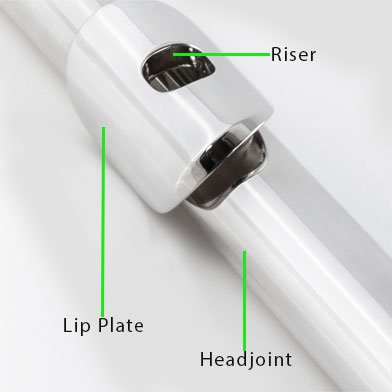Is learning an instrument good for children?

These benefits can also be seen in adults who take up an instrument in later life. Or, those who learned as a child and then take up an instrument again. The hours spent in lessons and practising independently can improve motor control and coordination – if we think about the coordination required for playing the piano we can immediately see the independent use of both hands whilst reading two lines of music and maybe even the feet on the pedals – all at the same time. This then can be related to learning the guitar, and again the hands doing two separate skills and reading the music. On and on the list goes – there isn’t really a musical instrument that you can play without the use of both hands and doing at least one other skill, whether it be blowing a woodwind or brass instrument or bowing a stringed instrument, there are invaluable skills to be learned with any instrument.
All these factors give a massive brain boost that improves the grey matter to keep us all mentally fit. It translates into agility in being able to adapt to experiences, environment changes or behaviour in the world around us.
As we age our hearing generally will decline but the influence of learning an instrument helps to give the ability to quickly and accurately decipher consonants which in turn helps us to understand and participate in conversations with confidence. Feeling socially isolated through loss of hearing quickly leads to lack of confidence but if the nervous system is stimulated and hearing and listening are being used through learning an instrument this will improve the timing we unconsciously use in listening to what is going on in the world around us. We can also struggle with hearing sounds or conversations in noisy environments – it has been shown that musicians struggle less than non-musicians in such areas.
Learning an instrument gives us a connection between sound and meaning. You can learn to read the music which in turn leads to learning the sound of that note you are reading. This is the motor system of the brain which then helps co-ordinate the hands or fingers on the right note to put all the elements in place to play that specific note.
Many adults will at some stage join a gym, go to an exercise class or take up cycling, running or walking to help agility and to give themselves a goal or purpose. Why not exercise the brain too? It can be as valuable, and arguably more valuable to have an active, alert mental state as we age. Learning a musical instrument is a true challenge and one that cannot just be half an hour a week activity. From just ten minutes of practice a day progress can be seen week on week.






